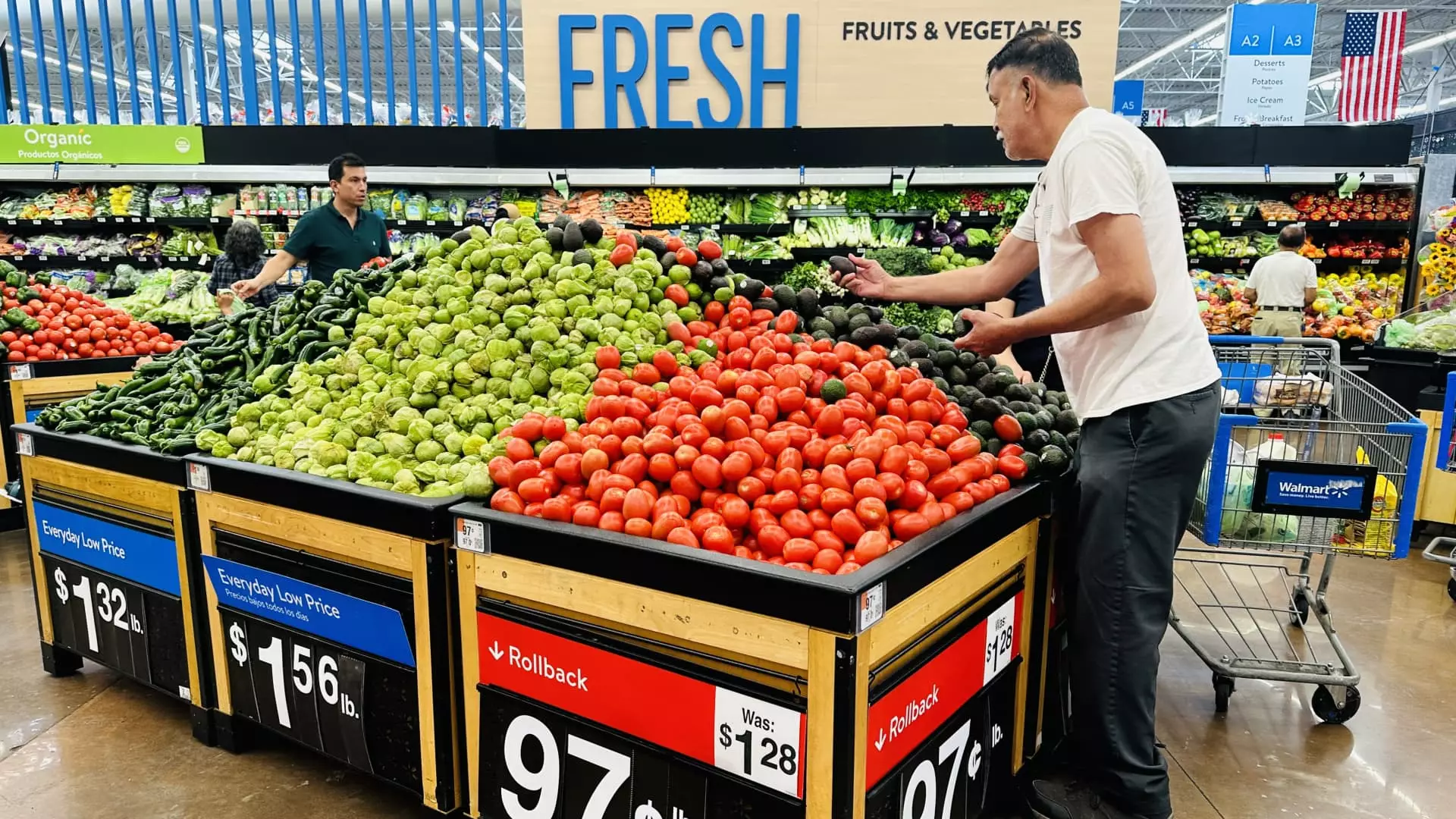In a landscape steeped in economic uncertainty, an unsettling trend has emerged: Americans are increasingly turning to Buy Now, Pay Later (BNPL) loans to purchase groceries, among other essentials. A recent survey conducted by Lending Tree reveals that a staggering number of consumers—half of those surveyed—have resorted to these financial solutions, with a notable 25% using them specifically for grocery shopping. This is a sharp increase from previous years (14% in 2024 and 21% in 2023). It appears we are witnessing a profound shift in how Americans manage their financial realities, and it raises critical questions about consumer behavior and economic health.
In my opinion, the rise of BNPL is not merely a reflection of consumer preference—it’s an alarming signal that many Americans are struggling to make ends meet in the face of persistent inflation and elevated interest rates. The once clear path of living within one’s means has been obscured by a haze of financial desperation. The fact that 41% of survey respondents reported making a late payment on a BNPL loan highlights this precarious situation. People are leaning on these loans to survive, often at the risk of deeper financial pitfalls.
The Undermining of Financial Literacy
The increasing reliance on BNPL loans raises pressing concerns about financial literacy among consumers. Many individuals may not fully understand the potential dangers of stacking multiple loans, which was reported by 60% of BNPL users in the survey. The intertwining nature of fees associated with late payments can be crippling, often leading to a cycle of debt that is hard to escape. Nearly a fourth of users are juggling three or more BNPL loans at once, making it crucial that individuals exercise caution. Instead of empowering consumers, these easy-to-access loans may be fostering dependency on debt as a way of life.
I cannot help but ponder whether this trend is leading us toward a society that relies on debt for its basic needs rather than prioritizing sound financial planning. It’s imperative that we not only recognize the allure of BNPL but also critically assess the implications of its widespread use. Are we enabling a future of financial illiteracy? At what point does convenience trump responsible spending?
The Cultural Acceptance of Debt
The normalization of BNPL loans as a viable option for everyday purchases is reshaping our cultural understanding of debt. Events like Coachella have become emblematic of this trend, with reports indicating that around 60% of general admission attendees funded their tickets through BNPL loans. This phenomenon prompts an unsettling reflection: Are we sacrificing fiscal responsibility for the sake of maintaining appearances?
As DoorDash introduces BNPL from firms like Klarna for food deliveries, it suggests a culture where even the most basic forms of sustenance are financed through debt. This isn’t just a punchline; it underscores a jarring reality that many Americans are grappling with. To joke that people are financing burritos and cheeseburgers is to trivialize a very real issue: everyday survival is becoming increasingly financially burdensome.
The Road Ahead: An Uncertain Future
Experts, including Lending Tree’s chief consumer finance analyst, Matt Schulz, have voiced concerns about the worsening state of the economy. Although Schulz stopped short of labeling the current climate as a recession, he cautions that conditions are expected to deteriorate further before improvement is on the horizon. Indeed, the mechanisms designed to provide temporary relief—like BNPL loans—could very well contribute to long-term economic instability.
As much as these services appear to help bridge financial gaps for consumers, I believe they might just be delaying the inevitable. Without addressing the core issues of inflation, stagnant wages, and rising living costs, relying on BNPL loans may mask more profound economic challenges rather than resolve them, creating a cycle of dependency that could haunt future generations.
In this uncertain economic landscape, while pragmatism calls for immediate solutions, it is essential that we not lose sight of the importance of financial literacy and responsibility. Progress may hinge on finding a balance between helping consumers manage their short-term financial demands and encouraging a cultural shift toward long-term financial well-being.

